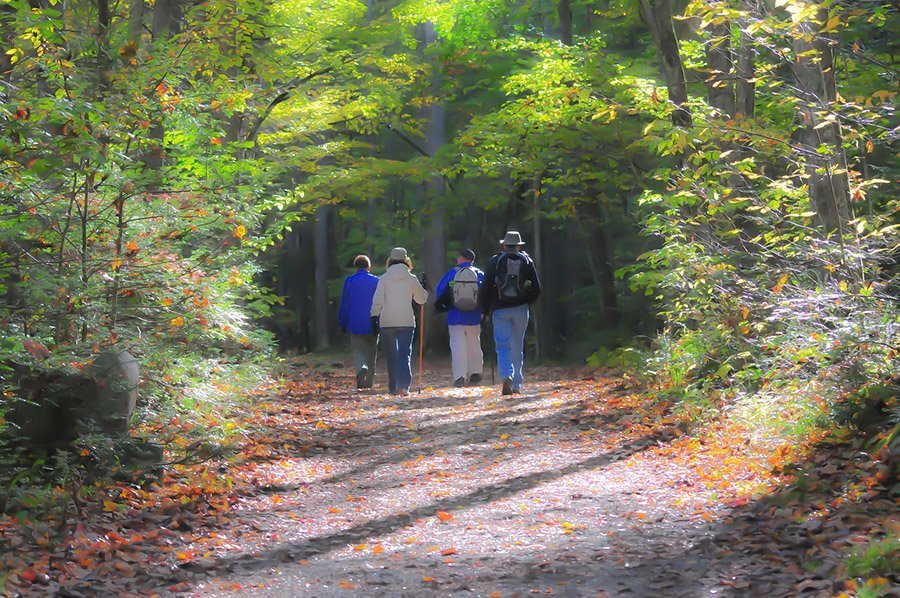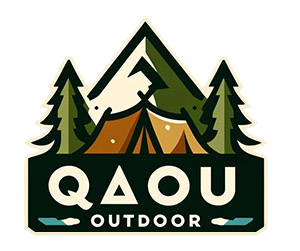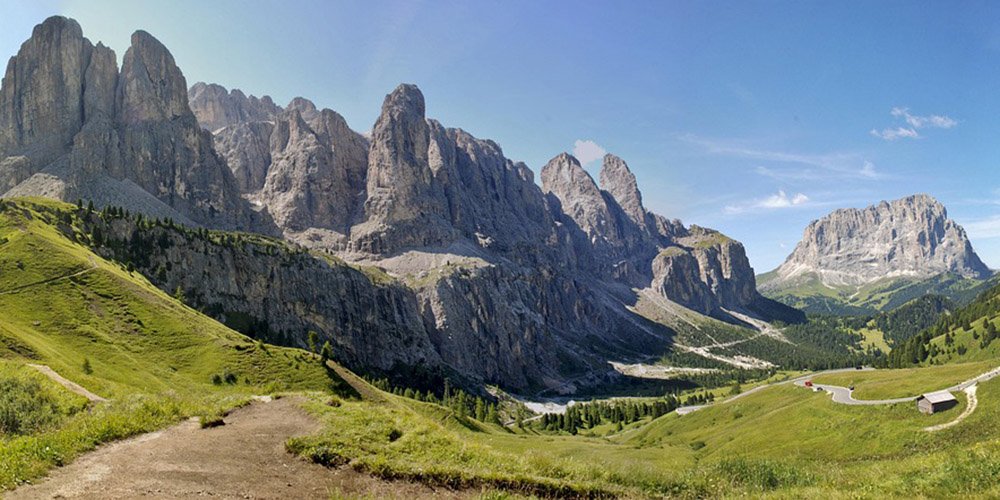Is Hiking a Sport? Exploring the Debate and Defining the Activity
The question of whether hiking qualifies as a sport is one that sparks debate among outdoor enthusiasts and sports lovers alike. On one hand, hiking involves physical exertion, endurance, and sometimes even a degree of skill, all of which are hallmarks of traditional sports. On the other hand, hiking is often seen as a leisurely activity, focused on enjoying nature rather than competing for a win.
So, where does hiking fit in? This article delves into both perspectives, examining the arguments for and against classifying hiking as a sport, and ultimately aims to provide a nuanced understanding of this beloved activity.
Defining What Constitutes a Sport
To determine if hiking is a sport, it’s essential to first understand what typically defines a sport. Traditionally, sports are characterized by physical exertion, skill, competition, and often involve teams or individuals competing against each other according to set rules. Most sports also have organized competitions overseen by governing bodies that establish and enforce rules, ensuring fairness and standardization.
When compared to this definition, hiking presents a unique case. While it certainly involves physical exertion—sometimes quite significant depending on the terrain and distance—it generally lacks the formal competitive structure that is central to most sports. There are no universal rules, no points to score, and no teams to defeat in a typical hiking scenario. This absence of competition and formal governance is a key point in the argument against considering hiking a sport.
Also read: Why Is Hiking Such a Complete Lower Body Workout? Find Out!

Arguments Against Hiking as a Sport
The primary argument against classifying hiking as a sport is its lack of formal competition. In most traditional sports, the goal is to win, whether that means scoring more points, finishing first, or outperforming opponents. Hiking, by contrast, is usually done for personal enjoyment, relaxation, or fitness, with no inherent competitive element.
Additionally, sports are often governed by official organizations that create rules, organize events, and ensure fair play. Hiking lacks this structure. While there are hiking clubs and organized hikes, these are more about community and shared experience than about competition. This absence of a regulatory body further separates hiking from the realm of sport.
Lastly, hiking is often viewed as a leisure activity, where the focus is on experiencing nature and achieving personal goals rather than competing against others. This leisurely aspect is a significant departure from the competitive nature that defines most sports.
Also read: Do Toddlers Need Hiking Shoes? A Parent’s Guide to Choosing the Right Footwear
Arguments for Considering Hiking as a Sport
Despite the arguments against it, there are several reasons why some might consider hiking a sport. First, hiking requires considerable physical exertion, especially on challenging trails or in difficult conditions. Like many sports, hiking can improve cardiovascular health, build muscle strength, and enhance endurance, making it a physically demanding activity.
Moreover, there are instances where hiking takes on a more competitive nature. For example, speed hiking and thru-hiking challenges, such as setting records for the fastest known time on long trails like the Appalachian Trail, introduce a competitive element that aligns more closely with traditional sports. Additionally, events like trail running or mountain marathons, which blend hiking with competitive running, further blur the lines between hiking and sport.
Finally, some argue that hiking shares similarities with adventure sports like mountaineering or ultra-marathons, where the focus is on endurance, skill, and sometimes even competition against the elements or time, rather than directly against other participants.
Also read: Trekking Pole Tips: Finally Use Them Right!

The Middle Ground: Hiking as a Physical Activity
While hiking may not fit neatly into the traditional definition of a sport, it undeniably offers significant physical and mental health benefits. Hiking is a full-body workout that improves cardiovascular health, strengthens muscles, and can even aid in weight loss. It also offers mental health benefits, such as reducing stress, enhancing mood, and providing a sense of connection to nature.
Given these benefits, some suggest viewing hiking as a form of non-competitive sport or as a physical activity that stands on its own. This perspective acknowledges the physical demands of hiking without forcing it into the competitive framework that defines most sports. Instead, hiking can be appreciated as a versatile activity that provides both fitness and recreation, allowing individuals to enjoy the outdoors at their own pace, whether leisurely or with a competitive edge.
Final Thoughts
In the end, whether hiking is classified as a sport may depend on personal interpretation and the context in which it is practiced. While it may lack the formal competition and regulation typical of sports, hiking offers a level of physical exertion and skill that rivals many traditional sports.
Whether you view it as a sport, a hobby, or something in between, hiking remains a popular and beneficial activity that connects people with nature and challenges them physically and mentally. So, whether you’re racing against the clock on a challenging trail or simply enjoying a peaceful walk in the woods, hiking can be whatever you make of it.








